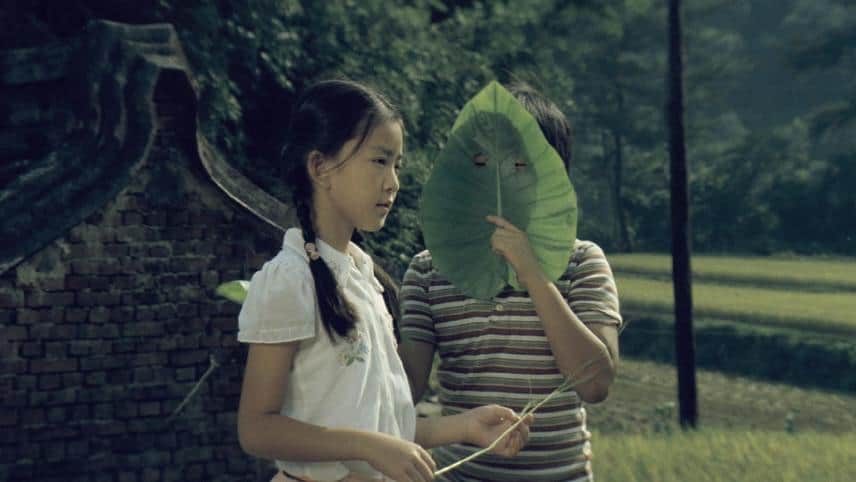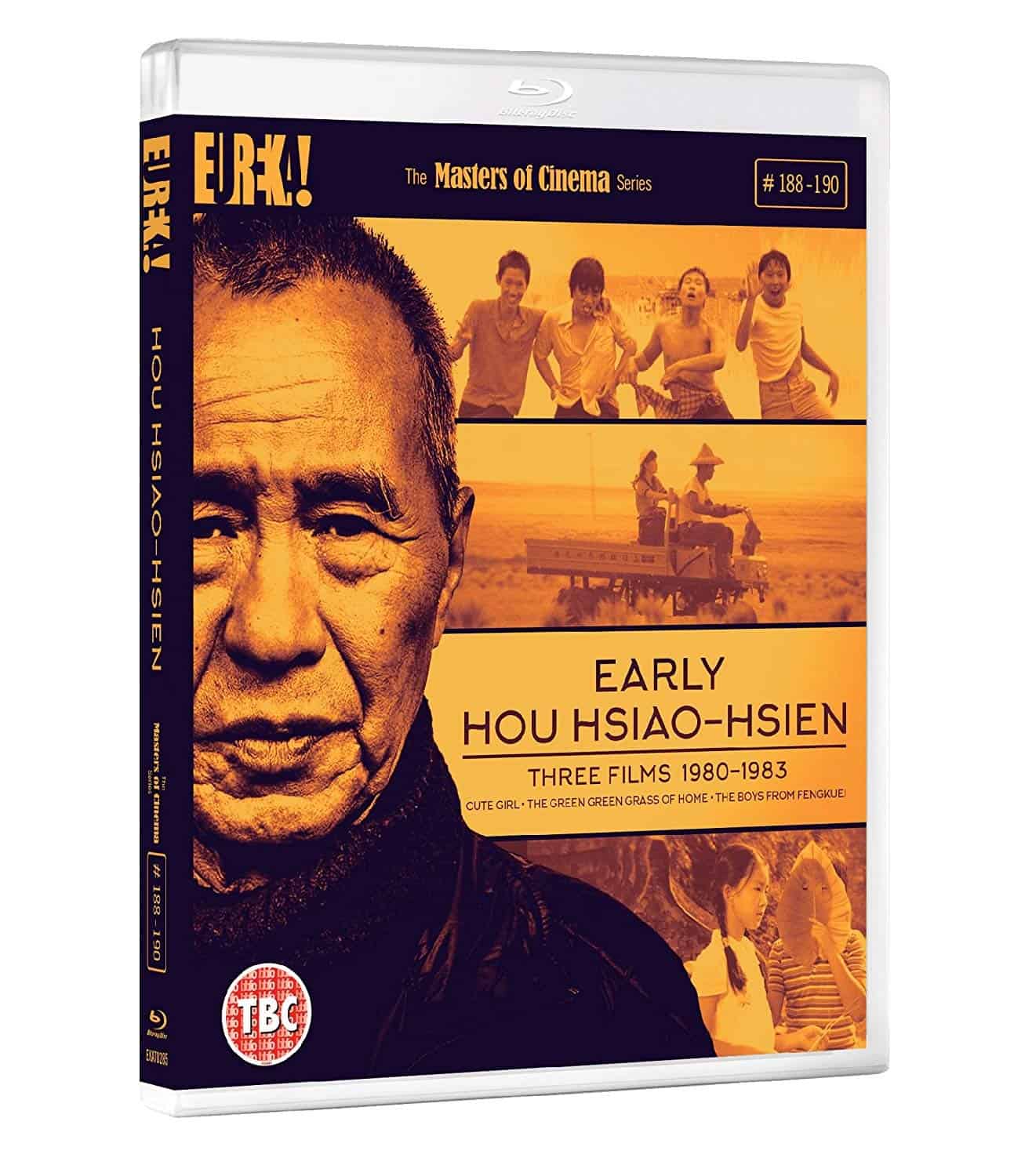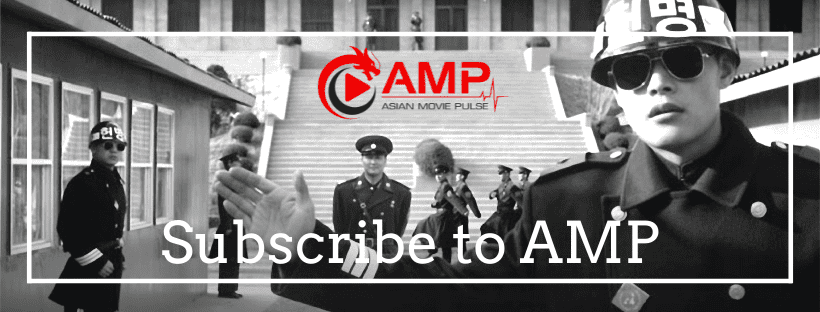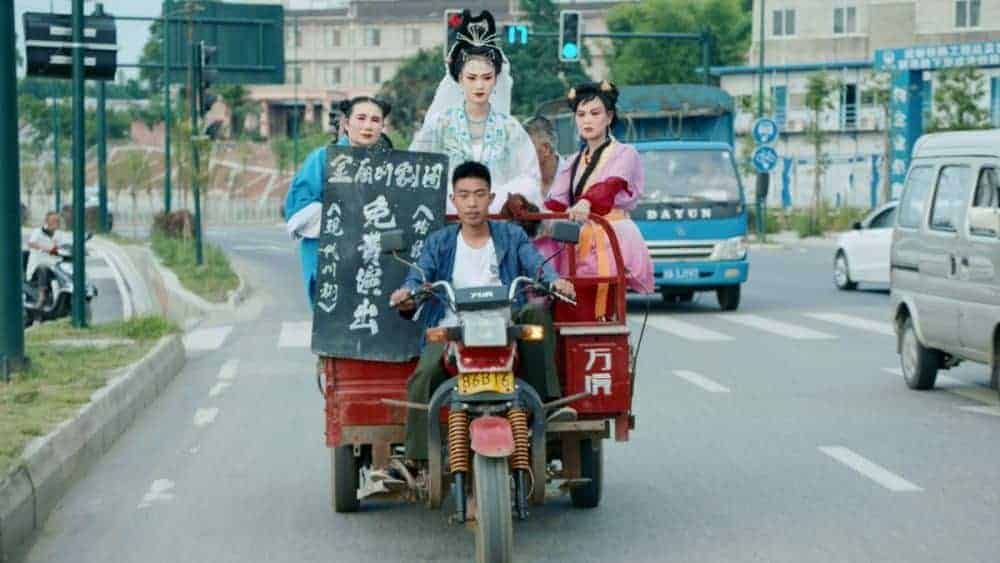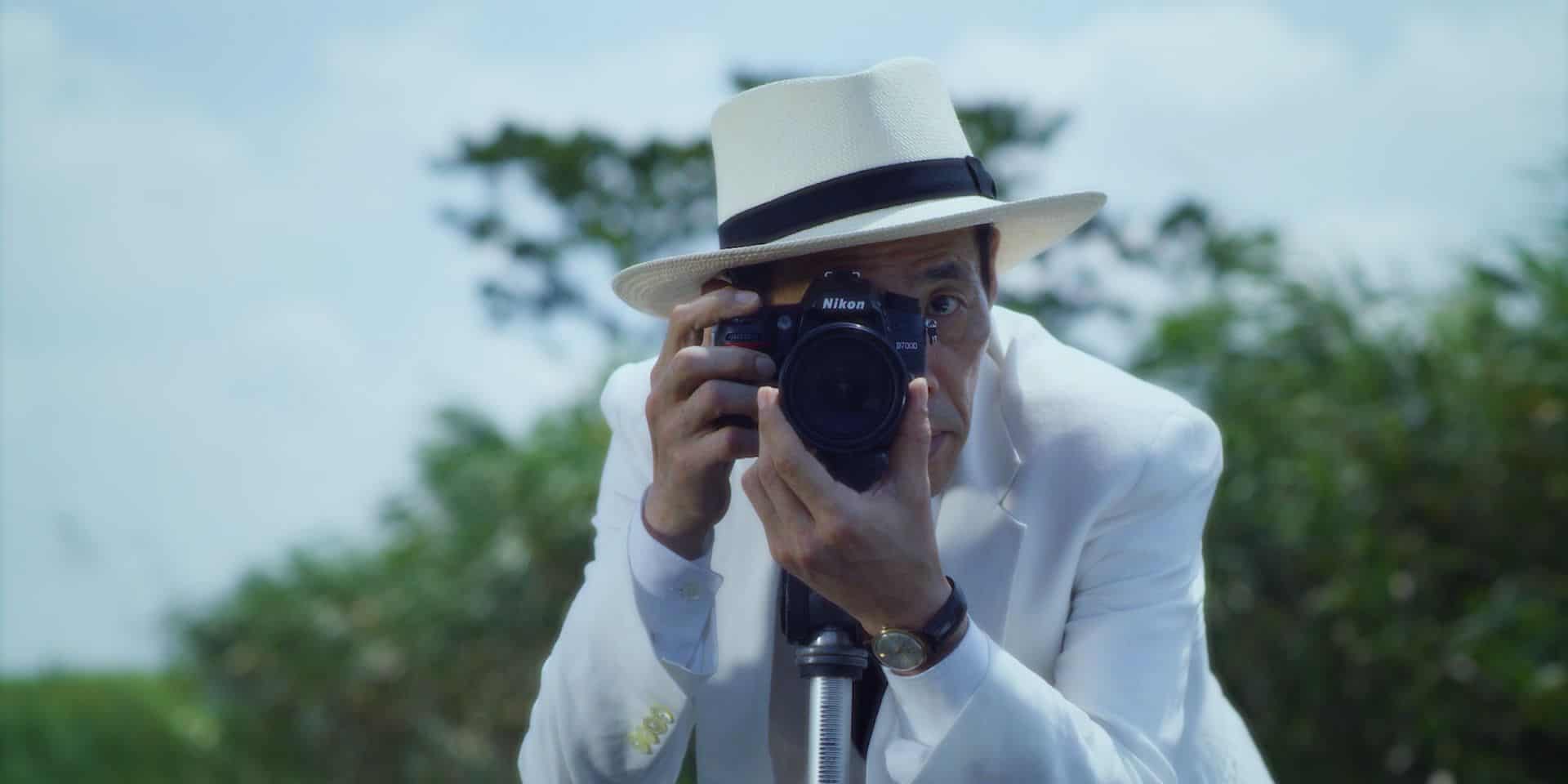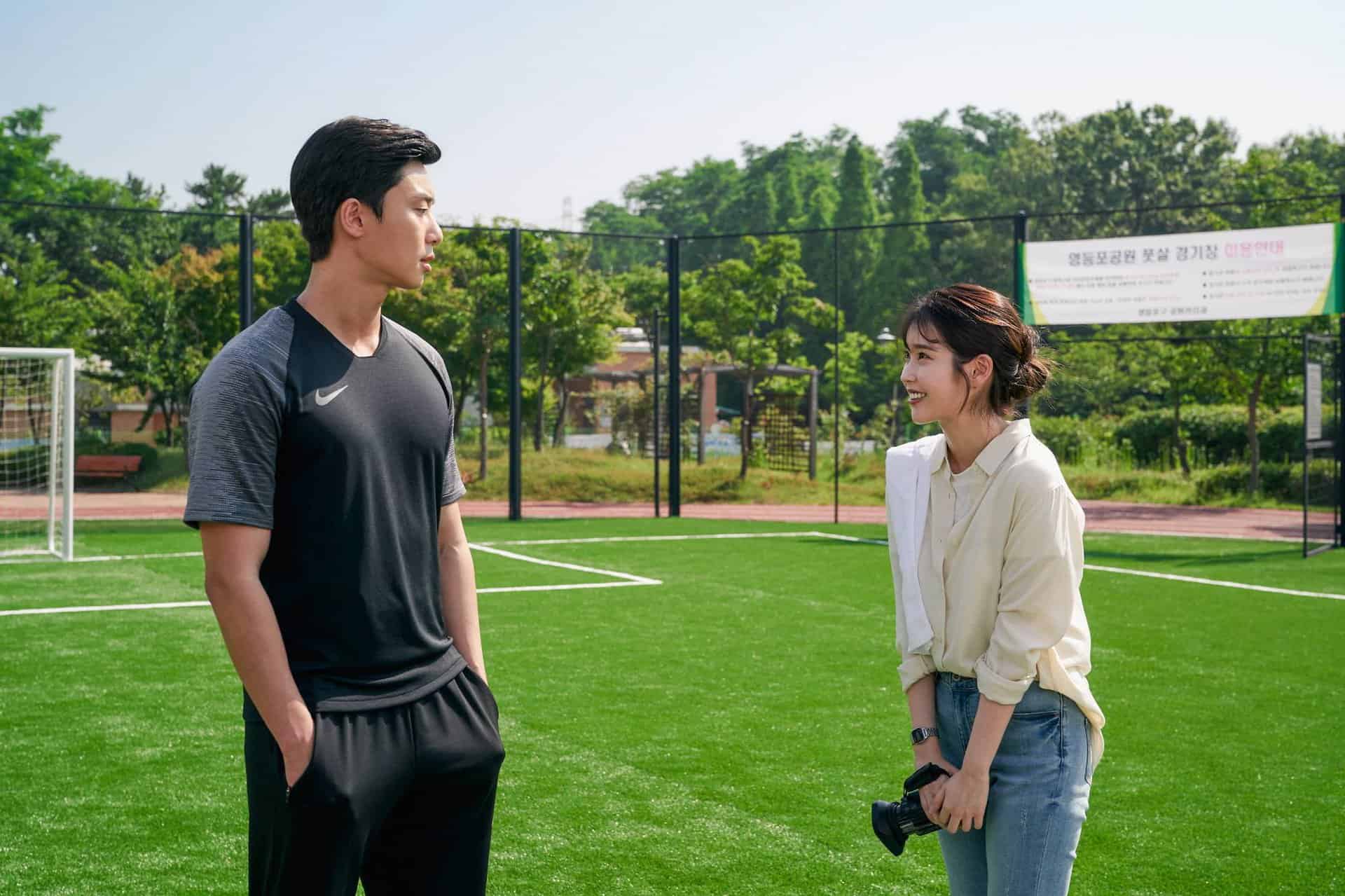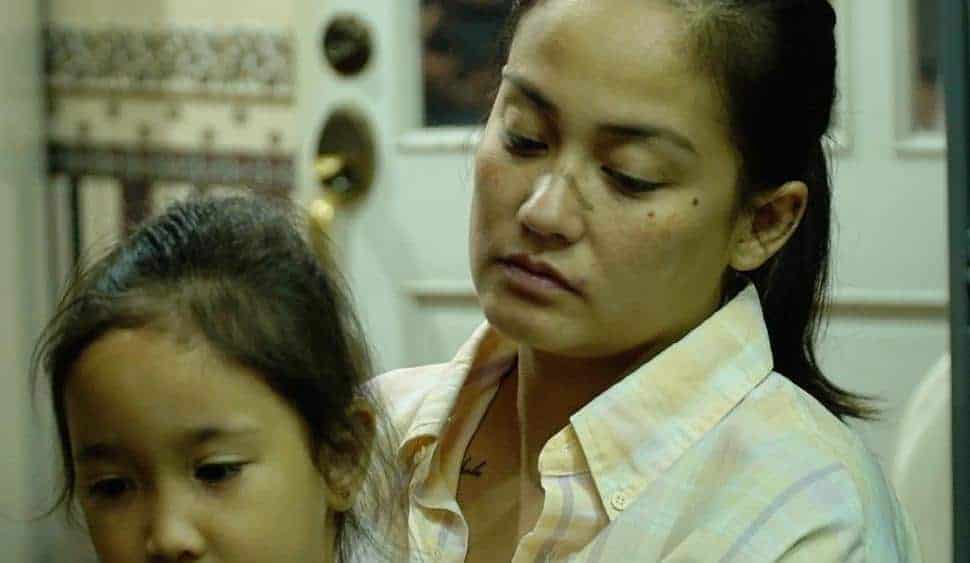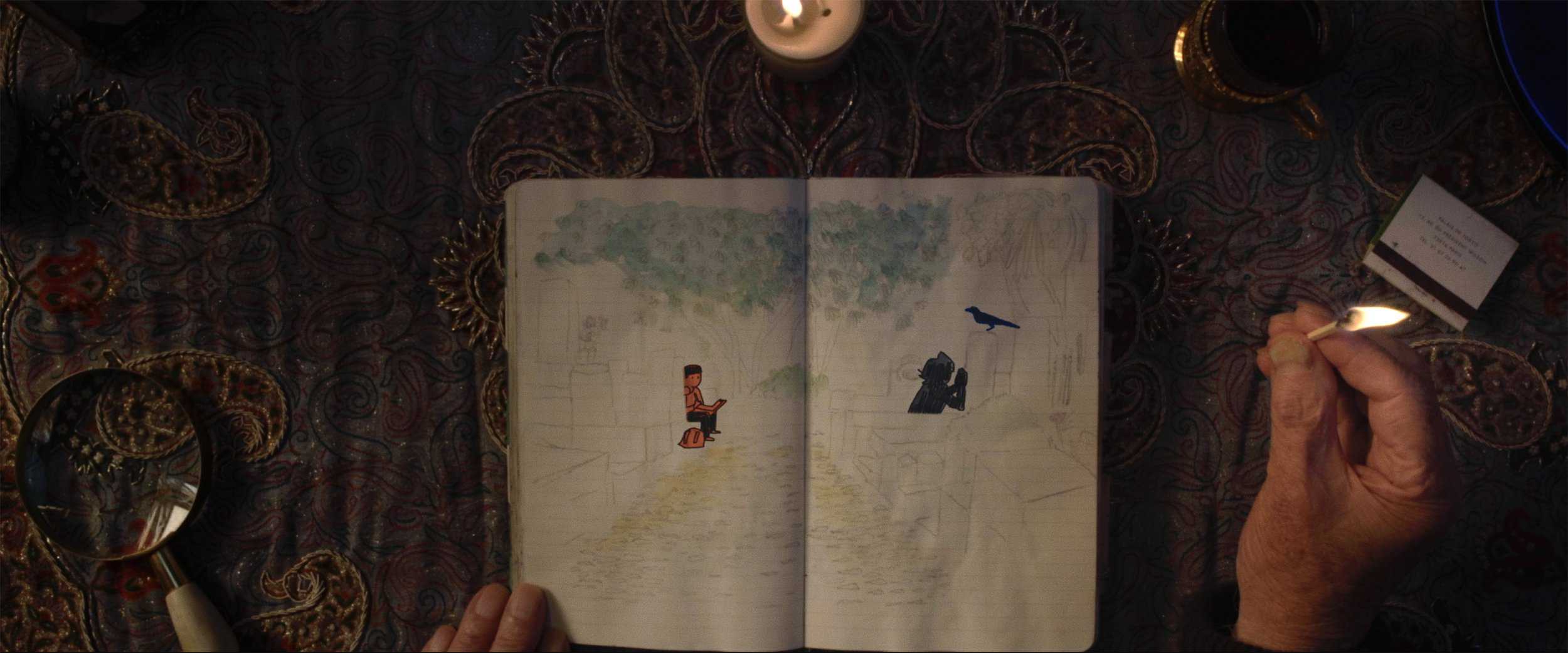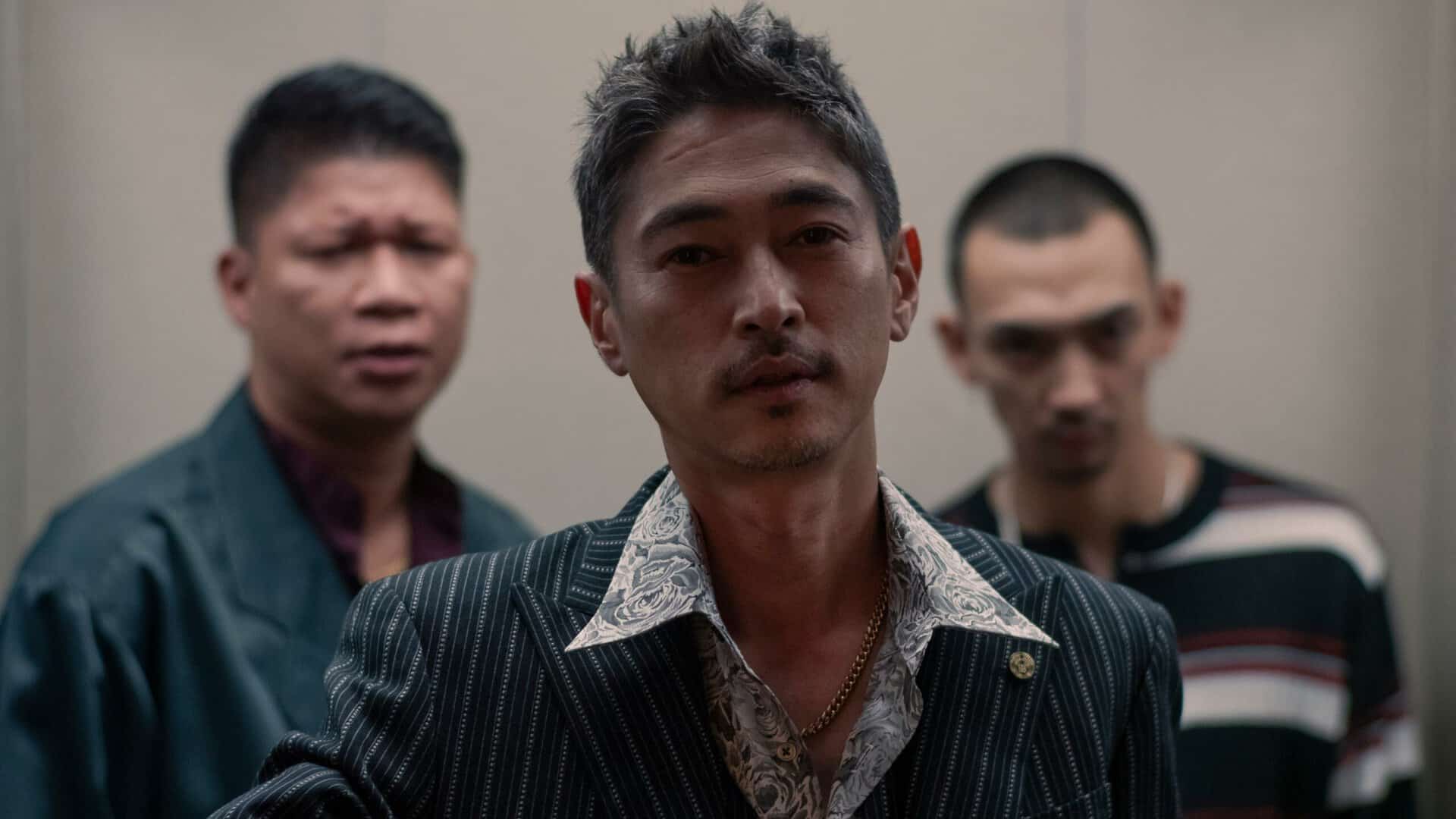After “Cute Girl” and “Cheerful Wind”, Hou Hsiao-hsien would again team up with former pop singer Kenny Bee for yet another romantic comedy, “The Green, Green Grass of Home”. Much like its predecessors, the feature serves not only as a means for the director to further make a name for himself within the film industry of his home country, but also as a way to find his voice and technique as a filmmaker, as some of the themes and visuals seem to foreshadow his later features such as “Dust in the Wind”, “Daughter of the Nile” and, perhaps most notably, “The Boys from Fengkuei”, which many critics and fans of the director regard as his first “true work”. “The Green, Green Grass of Home” would also become a success with audiences and critics, resulting in three nominations at the 1982 Golden Horse Film Festival, and Chou Pin-chun, who play one of the students in the feature, winning the Best Child award at the same festival.
When his sister has to give up her position as a teacher at a Taiwanese village to follow her husband, who found work in Indonesia, she asks her brother, Ta-nien (Kenny Bee) to become her replacement. Eager to finally have a job, the young man, who has spent most of his life in the city of Taipei, arrives at the small community, is welcomed by his colleagues and given accommodation at the local theatre, which is closed most of the year. One of the other teachers, Chen Su-yun (Meifeng Chen), shows him her hometown, the surrounding woods and lakes, and also invites him to come over to her family for meals, as he has no means of cooking in the theatre.
Over time, Ta-nien finds his way around the village, befriending some of the villagers and some of his colleagues, and also establishing a strong bond with the students. Eventually, he even takes a liking to Chen and has plans to marry her and asks her parents to court her, but when an old acquaintance from the city shows up, and he gets into a fight with one of the local fishermen, his status among the villagers is threatened, as well as his blossoming relationship with the woman he loves.
Given their thematic and visual connection, it should come as no surprise that “The Green, Green Grass of Home” feels very much a like a sequel to “Cute Girl”. It is obvious, from the lush landscapes the camera shows, or the adoration for the character, the farmers, the fishermen and the young students, that Hou is quite affectionate when it comes to this particular environment, clearly favoring it over the urban areas, which are just shown briefly in the feature and are mostly connected with questionable moral behavior by the village elders. Much like “Cute Girl”, whose affection for the rural Taiwan was equally obvious, the idea of true love being only available in these place serves as an additional factor within the genre framework of the romantic comedy. Indeed, given the (quite frankly corny) score in combination with the images, the tranquil nature of the places Hou shows is just too good to be true, bordering on the idealistic.
What is perhaps more interesting in this third feature of the director, is his approach to the central character. Although Ta-nien may not be the most convincing creation of the director and screenwriter, nor is he the best role Kenny Bee has ever played, his development from “city boy” to a man appreciating the landscape of rural Taiwan, and even actively helping to preserve it, turn “The Green, Green Grass of Home” almost into something like a coming-of-age-movie, or developmental tale. Ironically, the teacher has just as much to learn about the world as his students, whose childish pranks and adventures take up at least half of the running time, and seem to mirror the growth of the central character.
In conclusion, “The Green, Green Grass of Home” is a light romantic comedy which certainly has it entertainment value, but also shows the development of its director and main actor. It may not be Hou Hsiao-hsien's best work, but is serves as a means to further establish his voice and style as a filmmaker.


